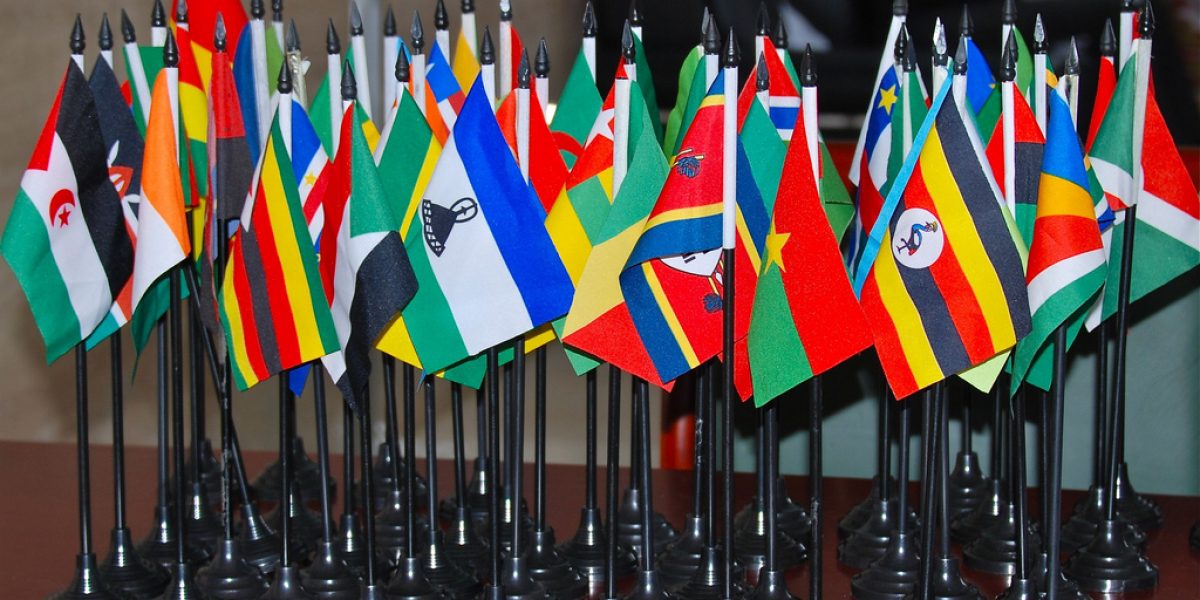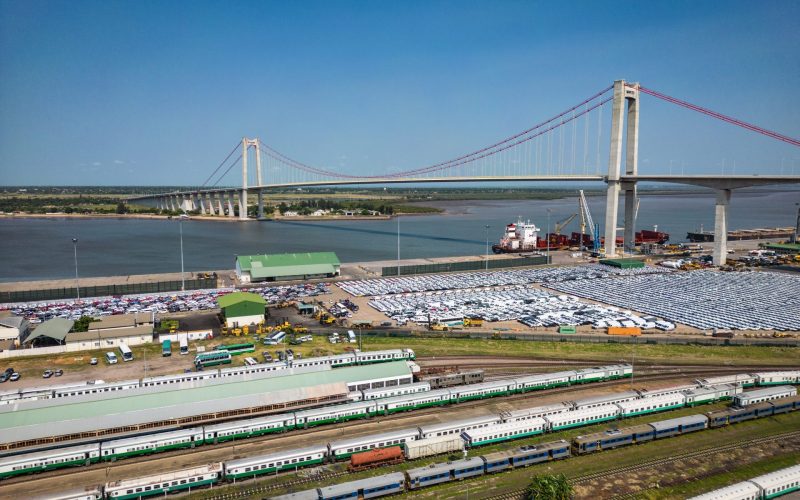In April, SACU heads of State held their first-ever summit under the theme ‘Implementing a common agenda towards regional integration in Southern Africa’. Tellingly, they plan to meet again this month to discuss “outstanding issues” concerning the organisation’s future. While Sacu may be 100 not out, it is not clear whether this is the end of a good innings or a portent double ton in the making.
Sacu faces a variety of challenges, two of which are fundamental to its continued exist- ence: reform of the much-contested revenue- sharing formula and economic partnership agreement (EPA) negotiations with the Europ- ean Union (EU). Sacu is more than a piggy bank to its smaller member States: Botswana, Lesotho, Namibia and Swaziland (BLNS). Traders argue that SACU is the most functional regional economic integration arrangement in Africa. Although there is plenty of room for improvement, much has been achieved in terms of trade facilitation and political and economic unity within the region.
Nonetheless, through the revenue pool, South Africa subsidises the BLNS States’ national budgets – heavily so, in the case of Lesotho and Swaziland. An abrupt withdrawal of the revenues would have dire economic, social and political consequences for the BLNS States and would effectively create two failed States in Swaziland and Lesotho.
Since it has growing service delivery and xenophobic problems of its own, South Africa clearly cannot afford the collapse of these States adding more migrants to the multitude of Zimbabwean immigrants.
The global economic crisis has highlighted the flaws in the revenue-sharing mechanism, particularly its procyclical character – while revenues escalated dramatically, and unsustainably, in the run-up to the financial crisis, they have dropped just as sharply since. Further, in South Africa, there is consensus in official structures that the country cannot afford to indefinitely carry the fiscal burden imposed on it by the revenue-sharing formula.
On the trade front, Botswana, Lesotho and Swaziland have signed the interim EPA agreements, much to the chagrin of South Africa and Namibia, which have strict reservations about some of the provisions and currently refuse to sign the agreements. Implementation of the interim EPAs (IEPAs) would undermine the customs union as South Africa and Namibia would need to enforce border controls to prevent leakage of IEPA goods into their markets. South Africa could also decide to go its own way on trade issues, since SACU’s common negotiating mechanism would have failed. This might lead to SACU’s ultimate dissolution.
This reroutes the issues back to the revenue pool. With the dissolution of the customs union, how would the revenue pool be sustained, or even justified? As it is, it is hard to sustain the asymmetries in the mechanism. Further, since the BLNS States would need to raise fiscal revenues to replace the transfers they currently receive, it is likely that they would be forced to impose import duties on goods imported from South Africa. Thus, dissolution of the customs union owing to trade agreement differences could lead to trade disintegration as a result of the revenue implications.
This underscores the connectedness of trade and revenue issues in the SACU region. For the BLS countries, the issue of the EPAs and the revenue pool is an unfortunate paradox. Signing the IEPAs was an assertion of their sovereignty, which partly reflected their resentment of South Africa’s dominance in the Sacu region.
Further, to some extent, it is a rejection of South Africa’s industrial policy vision. Nonetheless, in as much as they assert their sovereignty, it is difficult to speak of BLS sovereignty when South Africa is responsible for over 90% of the region’s gross domestic product. Consequently, the BLS States need South Africa and cannot afford to move forward on the implementation of the IEPAs without a resolution that unites the Sacu States – in other words, a common vision for the negotiations.
SACU faces additional external challenges, and particularly noteworthy are the tripartite free-trade area negotiations between the Common Market for Eastern and Southern Africa, the Southern African Development Community (SADC) and the East African Community, which, if successful, may prompt rationalisation of the ‘spaghetti bowl’ of regional trade agreements in East and Southern Africa. If the SADC makes progress with its trade integration agenda, this could have a significant impact on SACU. Currently, though, neither constitutes as substantial a threat to SACU as the organi- sation’s own internal dissonance.
As SACU looks to its new vision and mission for guidance, the two key priorities have to be the resolution of disagreements over the EPA negotiations and finding a more equitable revenue-sharing formula.
Central to resolving the current impasse is the need to craft a regional development agenda that takes into consideration the different development priorities of each SACU country with a view to creating sustainable economies in the BLNS States and reducing their dependence on the revenue pool. The much-discussed esta- blishment of a development fund carved out from the revenue pool should be advanced. This fund should be tied to investments in public goods in underdeveloped regions – including South Africa – and multilateral partners could be asked to assist in capitalising it. This would facilitate a more equitable revenue- sharing formula that takes account of the BLNS countries’ legitimate shares of customs revenues so that South Africa does not have to meet the burden of funding the large chunks of the BLNS countries’ national budgets. That would reduce the resentment of South Africa’s dominance in some quarters and facilitate a more equal partnership.
Resolving the EPAs is difficult. However, since differences over the tariff offer to the European Union (EU) are reasonably small and concern some 50 tariff lines, this, presumably, could be done should the political will exist.
That would preserve the integrity of the common external tariff, the sine qua non of the customs union. Then, if the BLS countries continue to negotiate regulatory issues – services, investment and intellectual property rights – with the EU, as is their sovereign right, where these involve actual access to their markets, they should automatically extend such access to their SACU partners. Otherwise, if they change domestic regulations to accord with EU norms, this should not be of much consequence to South Africa and Namibia, since each SACU member State’s starting point is so different to begin with. In this light, it is doubtful whether SACU can deepen its integration agenda in the foreseeable future. Rather, as the heads of State are aware, the focus should be on resolving Sacu’s domestic problems.








